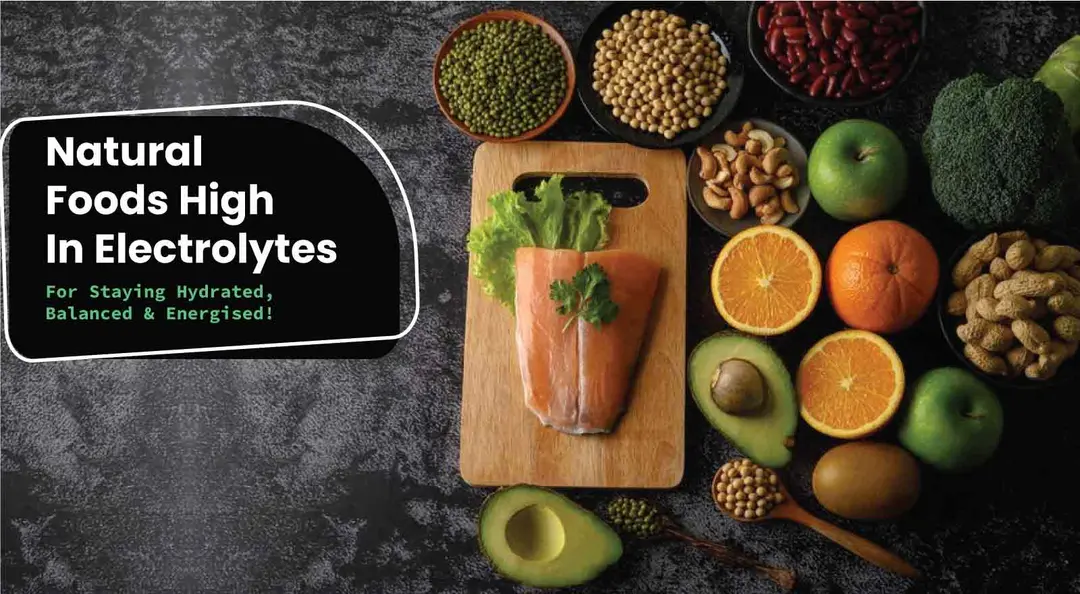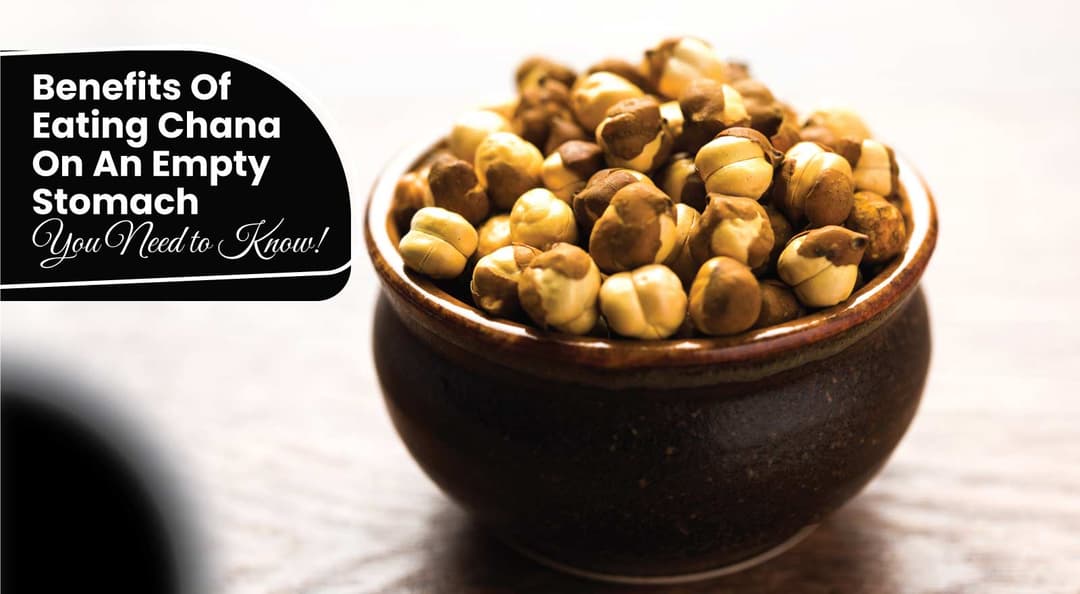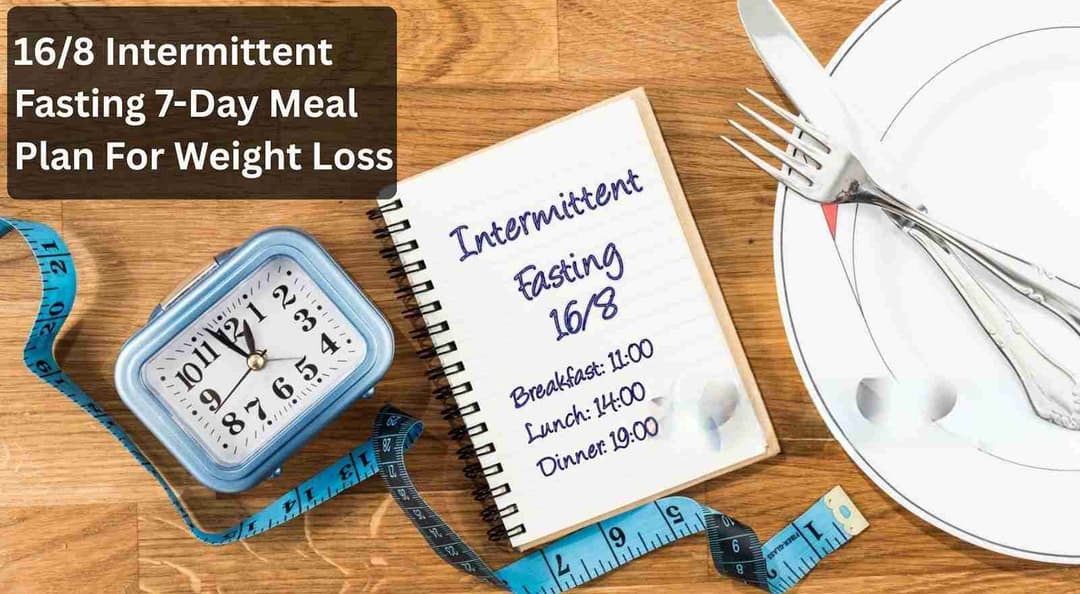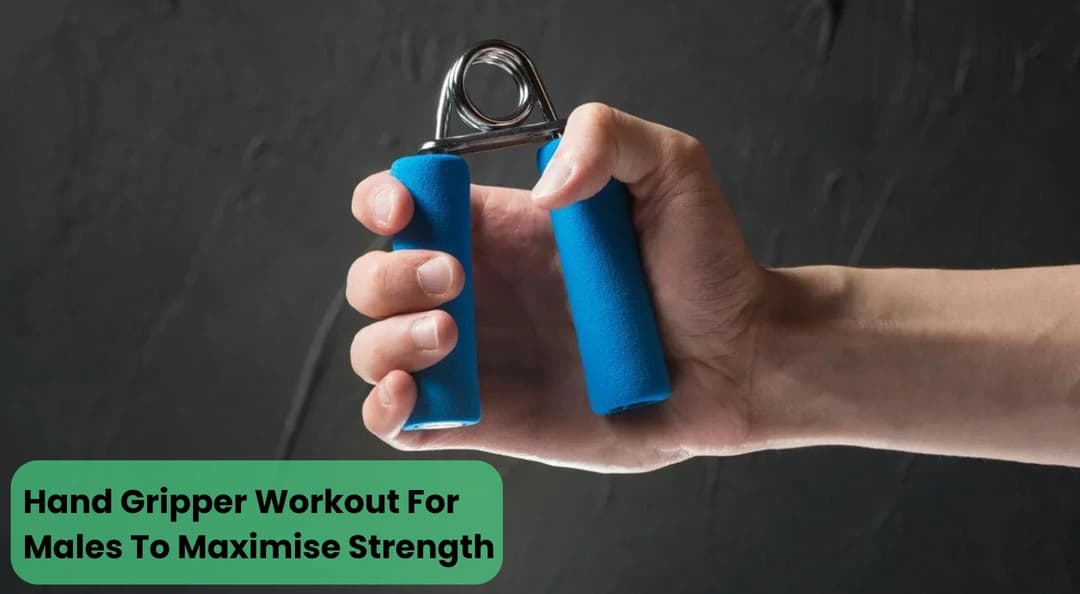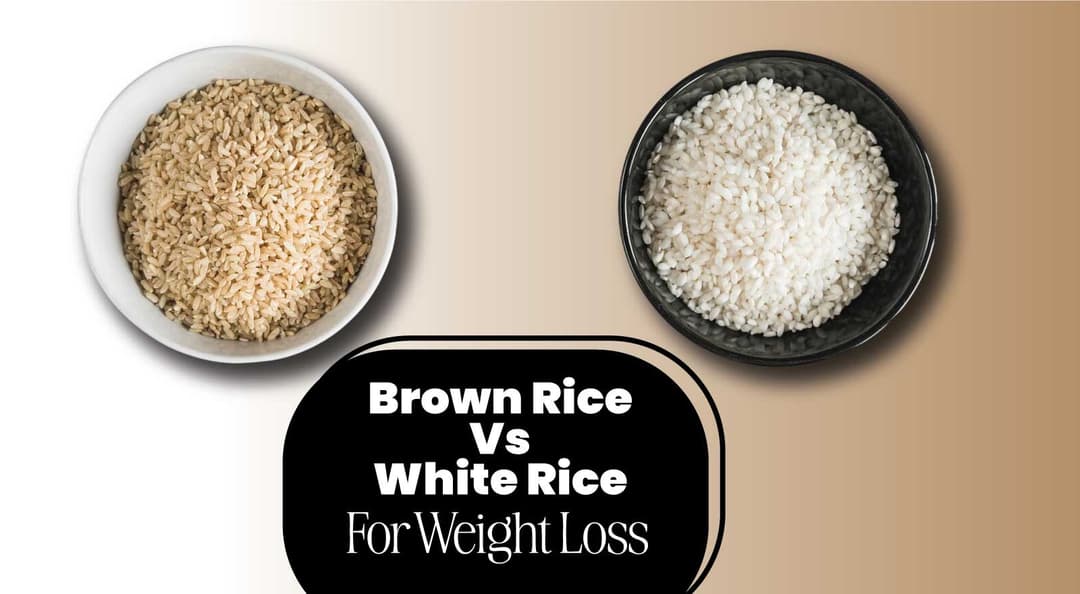Intermittent fasting has been the holy grail mode to maintain health for many. Whether it's weight loss wonders or just to give your body that cleanse, this method has been gaining traction like anything. However, weight loss is one thing... maintaining muscle mass, that's another case. This leads to many people being skeptical—can intermittent fasting cause muscle loss?
Well, the answer, as is often the case with our amazing bodies, isn't a simple yes or no. It's nuanced, it's individual, and it's fascinating. It depends on how you fast, what you eat during your eating window, and how you move your body. According to research, you can maintain muscle mass while fasting if you eat healthily and exercise regularly. Others highlight possible dangers if done incorrectly. Therefore, it's critical to comprehend the fasting muscle loss myth and realities surrounding IF.
Our bodies require muscles, and the absence of them raises the risk of illness and other health issues. Reaching and maintaining your ideal body weight is more difficult. As you get older, your chances of falling and getting hurt increase. So, muscle is a must.
Thankfully, the latest research is shedding new light on this crucial aspect of intermittent fasting. Stick with us, and we'll unpack these insights, revealing what the science truly says about preserving your precious muscle while embracing the fasting lifestyle.
Table Of Contents
- Does Intermittent Fasting Make You Lose Muscle?
- Why Am I Losing Muscle Mass So Quickly?
- How To Prevent Muscle Loss During Intermittent Fasting?
- Dietitian’s Recommendation
- The Final Say
- FAQs
- References
Does Intermittent Fasting Make You Lose Muscle?
Yes, intermittent fasting does have several health benefits. However, it may also contribute to muscle loss if not done properly. Muscle mass is maintained when the rate of muscle protein synthesis (building muscle) matches the rate of muscle protein breakdown.
During prolonged fasting, especially without proper nutrition or exercise, your body may begin breaking down muscle tissue for energy, leading to muscle loss.
A recent study from the University of California, San Francisco sheds some light on this. Researchers compared two groups over a 12-week period:
- Group 1 followed a regular eating pattern (three meals plus snacks).
- Group 2 followed a time-restricted feeding pattern (eating only between 12 noon and 8:00 pm).
Key Findings from the Study:
- Both groups showed no significant differences in weight loss, fat mass, blood sugar, or cholesterol.
- The intermittent fasting group did lose slightly more weight.
- However, 65% of that weight loss came from muscle mass, which is much higher than the 20–30% expected from a standard calorie-reduction diet.
This suggests that intermittent fasting, when done without proper nutrition or resistance training, can lead to excessive muscle loss.
People involved in the study were not instructed to maintain a specific low caloric diet, macros or exercise routine. They were just asked to enter all their calories intake up to a 8 - hour window that provided them with no specific benefits compared to a group that was not followed by such a drastic measure.
To reduce the risk of muscle loss while intermittent fasting, follow these strategies:
- Aim for at least 1g of protein per kg of body weight.
- Weightlifting or resistance training signals the body to preserve muscle.
- Water supports all metabolic processes, including muscle maintenance.
- Time your workouts and meals to optimise recovery and muscle synthesis.
Also Read: Is Drinking Water During Exercise Good Or Bad? Science Explains the Benefits and Risks!
Why Am I Losing Muscle Mass So Quickly?
If you find that you lose muscle mass quickly while doing intermittent fasting, there may be several reasons:
| Lack of Protein | Protein is a must for muscle growth. If you don't consume enough calories, you can lose muscle over time. |
| Insufficient Calories | Although it is okay to lose weight in the caloric deficit, there may be too much calories deficit to cause intermittent muscle loss on an empty stomach. Make sure you consume enough calories to support your muscle mass. |
| Lack Of Resistance Training | Exercise resistance, such as weightlifting, helps build and maintain muscles. If you only do cardio, you can lose your muscles over time. |
| Chronic Stress | Increased stress hormones can decompose muscles. Find ways to handle stress levels, such as meditation or yoga. |
Other factors can also contribute to increased muscle loss, like:
| |
Also Read: 8 Transformative 16-Hour Fast Benefits That Will Change Your Body and Mind Forever!
How To Prevent Muscle Loss During Intermittent Fasting?

If you want to try intermittent fasting without losing muscle, you can use several ways to prevent intermittent muscle loss during fasting:
1. Eating Enough Protein
Focus on consuming at least 1 gram of protein per kg body weight daily from lean meat, fish, eggs, beans & lentils, and milk.
2. Do Not Fast for More Than Needed
While some people fast for 48 or more hours, it is not necessary for everyone and it could lead to muscle loss if it was too often. See how your body adjusts by starting with a gentler method, like 16: 8 or 5: 2.
3. Stay Hydrated
Water supports every cell in your body, including your muscle cells. Dehydration can increase stress on muscles, leading to unwanted breakdown. Throughout the day, sip water frequently, particularly before and after fasting.
4. Get Plenty of Sleep
Muscle recovery happens when you rest—not when you train. Poor sleep affects hormone levels like growth hormone and cortisol, both of which play a huge role in muscle retention. Aim for 7–9 hours of quality sleep every night.
5. Exercise Wisely
Yes, you can work out while fasting—but don’t overdo it. Prioritise low to moderate-intensity workouts like yoga, walking, or resistance bands. Reserve high-intensity or strength training workouts for your eating window, when your body has fuel.
6. Balance Intermittent Fasting With Consistent Exercise
The key to protecting your muscles is harmony between your diet and your workouts. Plan your training and meals so they complement each other, allowing your body to burn fat without losing lean mass.
7. Time Your Workouts Smartly
Everyone’s rhythm is different, but morning workouts before eating may help burn more fat while preserving muscle. A study in the Journal of Physiology showed that people who exercised before breakfast had improved fat metabolism.
8. Prioritise Post-Workout Nutrition
After you train, your muscles need fuel to grow stronger. Always break your fast with a protein-rich meal that includes healthy carbs and fats. This promotes muscle protein synthesis and prevents breakdown after exercise.
9. Listen to Your Body
Your body gives you signs—don’t ignore them. If you feel unusually weak or dizzy or notice muscle loss, it may be time to adjust your plan. Modify your fasting window or eat more nutrient-dense food to restore balance and strength.
Dietitian’s Recommendation
Before you decide to take such strict measures to lose additional kilos, keep in mind that you could change what and how much you eat during intermittent fasting and prevent muscle loss. To build or maintain muscle mass during intermittent fasting, I would suggest that you eat a well-balanced diet with sufficient protein. Because our bodies do not store proteins like other nutrients, it is important to eat the right amount every day and support our bodies through exercise. I would say that I will try to focus on about 30 minutes of strength exercise twice a week and about 150 minutes of mild aerobic activity or 75 minutes of intensive aerobic activity per week.
Dt. Lavina Chauhan
The Final Say
So, the big question is: Can intermittent fasting cause muscle loss? The good news is that it doesn't have to be a given. The latest research highlights the importance of being smart about your approach. By prioritising protein intake during your eating windows and making friends with strength training, you can absolutely navigate the world of intermittent fasting without sacrificing those hard-earned gains. Listen to your body, fuel it well when you eat, and keep lifting – you've got this!
FAQs
1. Is it possible to regain lost muscle mass?
Yes, lost muscle mass can be regained with strength training, proper nutrition (especially protein), and adequate rest. Activities like weightlifting, resistance exercises, and cardio help rebuild muscles effectively.
2. Is fasting bad for muscle growth?
Fasting can hinder muscle growth if it leads to insufficient calorie or protein intake. Muscle repair and growth require consistent nutrition, so prolonged fasting may slow progress.
3. How do I know if I am losing fat or muscle?
Losing fat usually results in a leaner appearance and steady energy levels, while losing muscle may cause weakness, fatigue, or sagging skin. Body composition tests can provide clarity.
4. Why am I losing muscle mass even though I work out?
Muscle loss despite working out may occur due to inadequate protein intake, overtraining without rest, or age-related sarcopenia. Adjusting diet and recovery routines can help.
5. Do you lose muscle or fat first?
Your body typically loses fat first when in a calorie deficit. However, without enough protein or resistance training, muscle loss can occur alongside fat loss.
References
- https://timesofindia.indiatimes.com/life-style/health-fitness/diet/intermittent-fasting-can-lead-to-muscle-loss-study/photostory/78426496.cms?picid=78426521
- https://www.drberg.com/blog/preventing-muscle-loss-when-doing-intermittent-fasting
- https://www.dietdoctor.com/intermittent-fasting/muscle-loss
- https://betterme.world/articles/intermittent-fasting-muscle-loss/
- https://simple.life/blog/intermittent-fasting-and-muscle-loss/
- https://consensus.app/home/blog/will-i-lose-muscle-mass-and-strength-under-intermittent-fasting/
- https://www.jeffersonhealth.org/your-health/living-well/intermittent-fasting-can-lead-muscle-loss-it-doesnt-have-heres-why
About ToneOp Fit
ToneOp Fit is a platform dedicated to improving and maintaining good health through a comprehensive range of goal-oriented health plans with up to 3 Coach support. With a range of Weight Management, Medical Condition, Detox Plans, and Face Yoga Plans, the app also provides premium health trackers, recipes and health content. Get customised diet, fitness, naturopathy & yoga plans and transform yourself with ToneOp.














